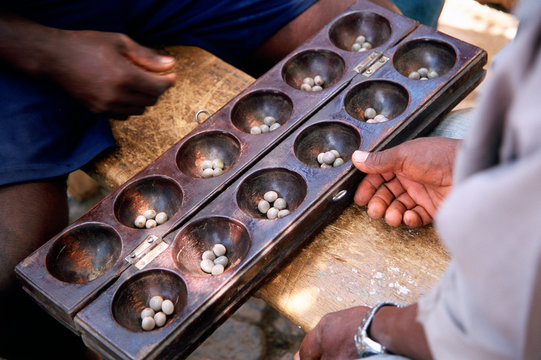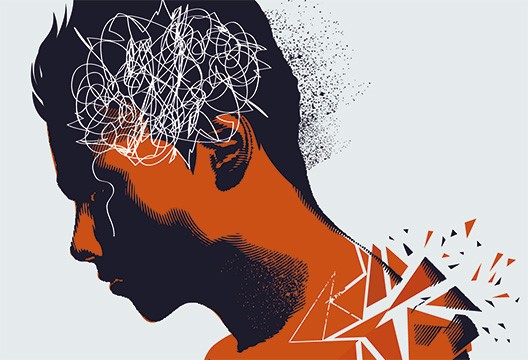Oware, also known as Awale or Ayo, is a centuries-old board game with deep roots across West Africa. More than just a pastime, the two-player game is being recognised for its ability to teach mathematics, sharpen strategic thinking, and preserve cultural heritage.
Played with small seeds or pebbles on a wooden board with carved holes, Oware is simple in design but rich in complexity. For generations, it has been part of daily life in many African communities – played in village squares, under trees, or at family gatherings. Now, educators and cultural historians alike are taking a closer look at the game’s educational value.
Learning Through Play
At its core, Oware is a game of counting and calculation. Players take turns distributing seeds from one hole across the board in a set pattern, capturing opponents’ seeds according to specific rules. This simple mechanic builds essential arithmetic skills.
“Children quickly learn one-to-one correspondence and basic addition as they play,” says a Ghanaian mathematics teacher who uses Oware in the classroom. “They begin to develop mathematical fluency without even realising it.”
More advanced mathematical thinking also comes into play. When a hole contains more than 11 seeds, for instance, players must use modular arithmetic – or clock arithmetic – to determine where seeds will land, deepening their conceptual understanding.
The game also encourages the use of mathematical language. Terms such as “capture,” “distribute,” and “remainder” are naturally introduced, helping children internalise vocabulary through context and action.
Educators note that Oware’s flexible rules allow it to be adapted for various levels of learning, from primary arithmetic to more abstract concepts such as fractions, decimals, and even algebraic reasoning.
A Lesson in Strategy
Beyond mathematics, Oware demands strategic thinking and foresight. Success depends not just on arithmetic, but on anticipating an opponent’s move several turns ahead.
Players must manage limited resources—seeds—and decide the optimal time to attack or defend. Every move carries potential risks and rewards, teaching risk assessment and encouraging adaptability. As the game progresses, players must revise their plans in response to a changing board.
“It’s a game that really forces you to think ahead,” says one regular player in Accra. “You learn to stay calm, observe carefully, and plan with precision.”
The concentration required is intense. One misplaced seed can turn the tide, making focus a key part of a winning strategy.
More Than a Game
But Oware’s significance extends well beyond the board. In many communities, it serves as a social and cultural touchstone.
Traditionally played in public spaces, Oware often draws a crowd. Spectators offer commentary, advice, and sometimes even join in the action—turning the game into a shared communal experience.
“Oware is part of our oral and cultural tradition,” says a cultural historian in Benin. “It brings people together, across generations, and helps pass on knowledge and identity.”
As Africa grapples with rapid modernisation and cultural change, games like Oware are being seen not just as educational tools, but as vessels of heritage.
By blending mathematical learning, strategic challenge, and cultural depth, Oware stands as a unique and enduring African legacy—a game that entertains, educates, and connects.














